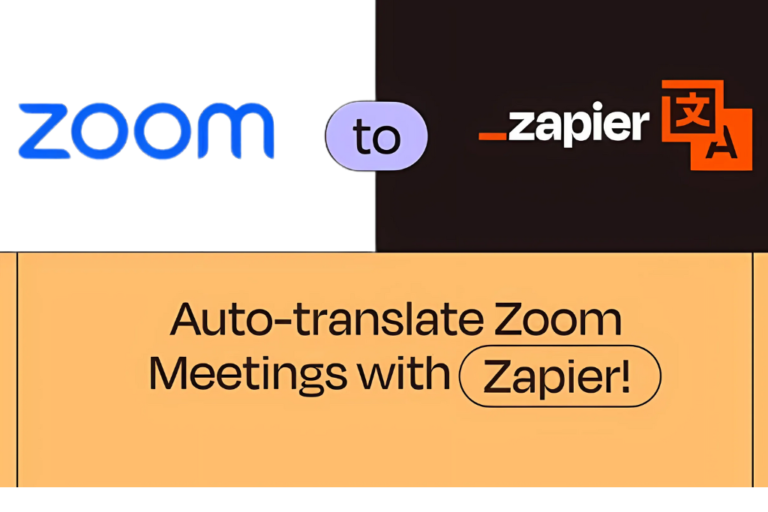Introduction
The mobile communication has considerably transformed with time. Coming from basic SMS, it has developed into a newer and more sophisticated version called Rich Communication Services (RCS). It promises better functionality as well as enhanced features compared to the basic version followed. For casual users and businesses wishing to enhance the messaging strategy for their understanding of the increasing smartphone usage, there is now a good time to understand what SMS means and what RCS means.
Below, we compare RCS and SMS by talking about their features, advantages, and some possible downsides. By the end of this guide, you will know which messaging platform might work best for you.
What is SMS?
SMS stands for Short Message Service – a classic text messaging service that comes pre-installed with almost every cell phone. Invented in the early 1990s, it quickly became the most popular method of mobile communication. SMS allows users to send and receive short messages with a maximum number of characters allowed to be around 160 per message. If there are more characters, usually, a message is split and then combined into the initial one at the receiving end.
What is RCS?
RCS is an evolution of SMS, designed to provide a richer and more interactive messaging experience. The universal profile initiative includes RCS to help standardize messaging services across carriers and devices. RCS overcomes SMS’s shortcomings and delivers features commonly found in modern messaging apps like WhatsApp, iMessage, and Facebook Messenger.
Among its core functionalities include:
Rich media: Share photos, videos, and voice messages without a file size limit.
Read receipts: See whether the recipient has read the message or not
Typing indicators: If the person is typing.
Group chats: It’s way easier to start and handle group conversations.
Files sharing: share files such as spreadsheets, PDFs, among others from this app directly and don’t have to use third-party apps.
Unlike SMS, RCS uses internet connectivity-data or Wi-Fi. This gives way to a much smoother, interactive experience.
Key Differences Between RCS and SMS
1. Content in the Message
SMS-Only text-based, up to 160 characters. To send multimedia messages, it has to use MMS, which allows costs and file size along with quality issues.
RCS: Rich Media Experience. You can share pictures, videos, audio, and even interactive messages like polls or file shares without relying on MMS.
2. Internet Requirement
SMS: This operates on a cellular network and therefore doesn’t require internet.
RCS: Requires internet connectivity. This can either be mobile-based data or Wi-Fi based for sending and receiving the messages.
3. Delivery Confirmation and Read Receipts
SMS: It does offer delivery confirmation but natively, it does not support read receipts.
RCS: The app gives delivery as well as the read receipt. It will inform the users whether the message is delivered or read to them by the recipient.
4. Group Messaging
SMS: Group messaging is a really poor feature by SMS because it is not advanced; it cannot offer group management or file sharing features.
RCS: The platform is offered with group messaging capability, which is quite robust. For instance, the person can create and manage groups, send media, and develop other advanced features like read receipts and typing indicators in the group.
5. Security
SMS: As SMS messages are not encrypted, then the persons doing SMSing are more likely to have their message intercepted. As a result of this, privacy and security issues tend to creep in.
RCS: RCS messages are not end-to-end encrypted by default, though some implementations do have a push toward encryption. While some carriers or services may offer much more advanced security options, as of now, RCS does not quite approach the levels of encryption that it’s compared against in apps like iMessage or Signal.
6. International Availability and Interoperability
SMS: Virtually supported by any country around the world on almost all cellular phones and carriers. This renders SMS the most universally accepted messaging service, ensuring you can reach almost anyone anywhere around the globe.
RCS: Even as numerous devices and carriers support RCS, it hasn’t yet superseded SMS prevalence. To function properly, both the sender and recipient must use compatible devices and carriers, with RCS services enabled on both sides. If any of these conditions aren’t met, the messaging system reverts to SMS.
Advantages of RCS over SMS
1. Enhanced Messaging User Experience
RCS offers a more vibrant and interactive messaging experience than SMS. The feature of sharing media, seeing typing indicators, and receiving read receipts makes the conversation go live and dynamic, something you don’t find in popular messaging apps like WhatsApp or Messenger.
2. More Suitable for Business Communication
Businesses can take advantage of other features that RCS extends to their customer communication. Business profiles and interactive messaging are available in RCS, in addition to the verified sender details that create an assurance with consumers. For example, businesses may send rich media messages for promoting a product, attend to customer service queries in real time, or give out additional updates with more engaging content.
3. Cost Efficiency
For people and companies, will prove much cheaper than SMS, especially if it involves the sending of multimedia messages. As RCS relies on data instead of SMS charges, it can save much on media or lengthy messages.
4. Deeper Group Communication
RCS allows for easy group communication by effective management tools, which help in creating, leaving groups, and different others. This is exceptionally beneficial for companies which are managing customer support or marketing campaigns that are going to include several individuals engaged in a conversation.
Disadvantages of RCS
1. Poor global adoption
One of the most significant disadvantages with RCS is that it is not supported widely. Most carriers do support RCS, but the reach is still very far from that of SMS, which simply works on virtually any mobile network. Also, for interoperability, both parties must have an RCS compatible device and services, that somewhat limits usage.
2. Internet dependency
Unlike SMS, it needs the internet for connection. This means that in areas of low internet connectivity, reliability will be lower than with SMS, for example, which just needs a cellular signal.
3. Lack of Encryption
Some RCS implementations are incorporating additional security features, but they have not yet embedded end-to-end encryption as a standard feature. Therefore, it creates some privacy concerns, particularly for users familiar with the level of encryption provided by other messaging service platforms like Signal, iMessage, or WhatsApp.
4. Battery and Data Usage
Since RCS is dependent on internet connectivity for sending messages, this tends to use more battery power and data than SMS. That matters for the poor souls with a limited data plan or who have particular battery-saving concerns.
Future of RCS and SMS
RCS is one of those technologies that would be the default messaging platform to replace SMS. Similarly, iMessage broke all barriers and changed the way the users interact with messaging services. Yet, for this to happen with RCS, there are some bars to pass:
Wide Carrier and Device Support: Wide acceptance by all carriers and device manufacturers would have to follow as SMS does today. This means every carrier that adopts RCS will boost its rate of adoption.
Better Security: End-to-end encryption needs to be turned on by default in the RCS to meet the issue of privacy-related problems.
Consumer Education: Still, so many consumers are unaware of what RCS is and how to activate it. Notably something that urgently needs to be taught and communicated.
Conclusion
According to reports, while RCS may boast the rich messaging experience that is richer and more interactive compared to SMS, it is still a work in progress toward adopting global adoption. In the meantime, the most reliable and highly available kind of mobile communication still appears to be SMS. On the other hand, RCS will claim its “revolutionary” status by bringing features previously exclusive to specialized apps to everyday messaging.
Individual users’ choices largely depend on their needs and the capabilities of the device and network they use.For businesses, it provides an opportunity to communicate with customers in a more effective and creative way than with SMS. As RCS picks up pace, it would not be surprising if it became the norm for mobile messaging instead.














